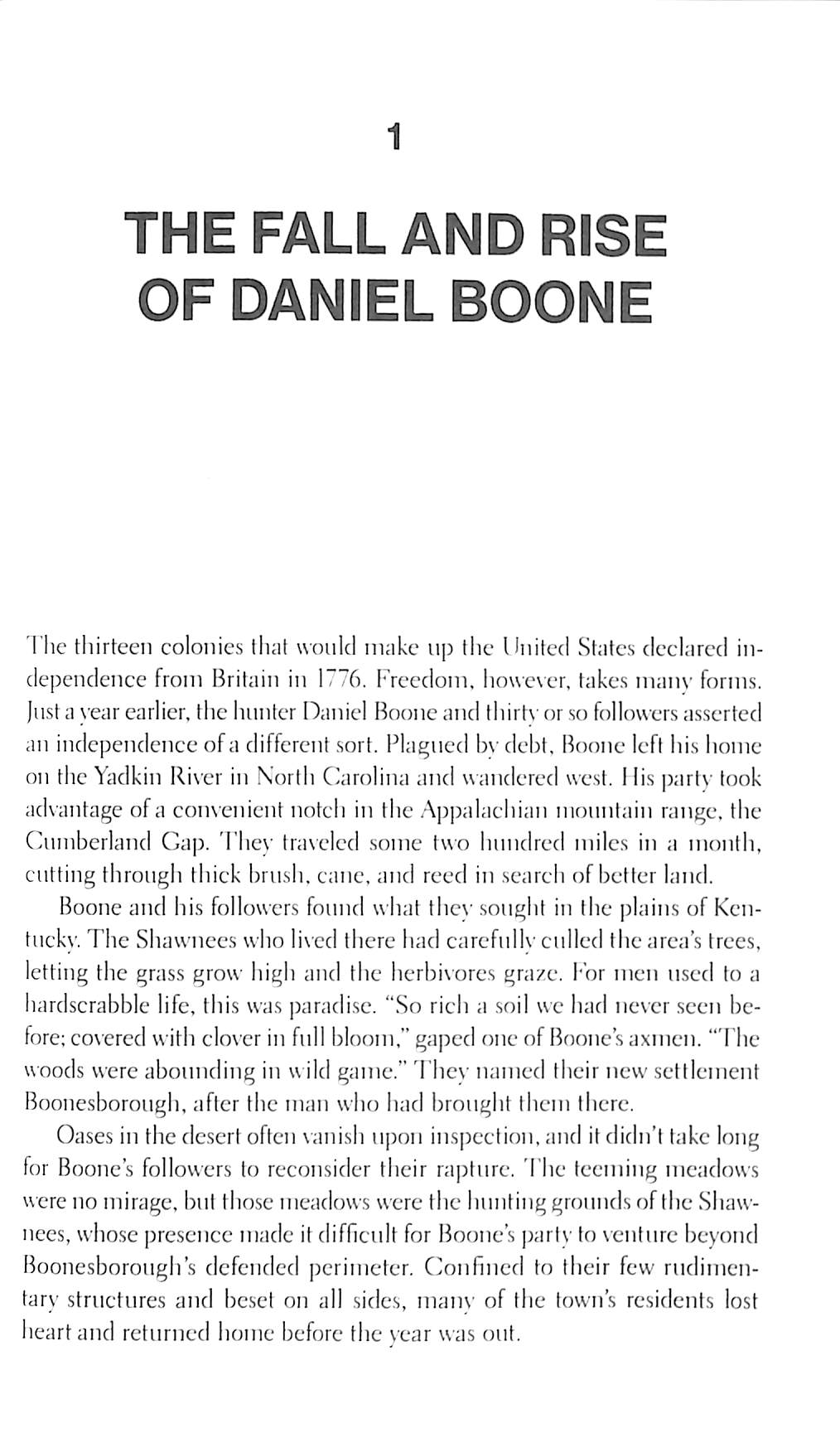

Herbert foresee our predicament? The environmentalism of “Dune” had a source close to home. It is in many ways the story of our time. Herbert’s tale of climate change no longer seems odd. Denis Villeneuve’s star-studded film adaptation is being released this week, and it’s receiving not just critical acclaim but also appreciation for the “ clear contemporary relevance” of its ecological themes. Still, the dark novel gained a cult following and, eventually, millions of devoted readers.

The novel’s story of a planet that had become a desert - replete with psychedelic drugs, mystical visions and political assassinations - fit awkwardly with the chart-toppers of its time: “Surfin’ U.S.A.,” “Mary Poppins” and “The Beverly Hillbillies.”

This vision of climate apocalypse is all too familiar today, but in 1963, when Frank Herbert started serializing his science-fiction epic “Dune,” it was deeply strange. The rich shelter in air-conditioned bubbles, leaving everyone else to face the storms and sand. Once verdant, it’s now a parched wasteland. The planet, or what’s left of it, is barely recognizable.


 0 kommentar(er)
0 kommentar(er)
